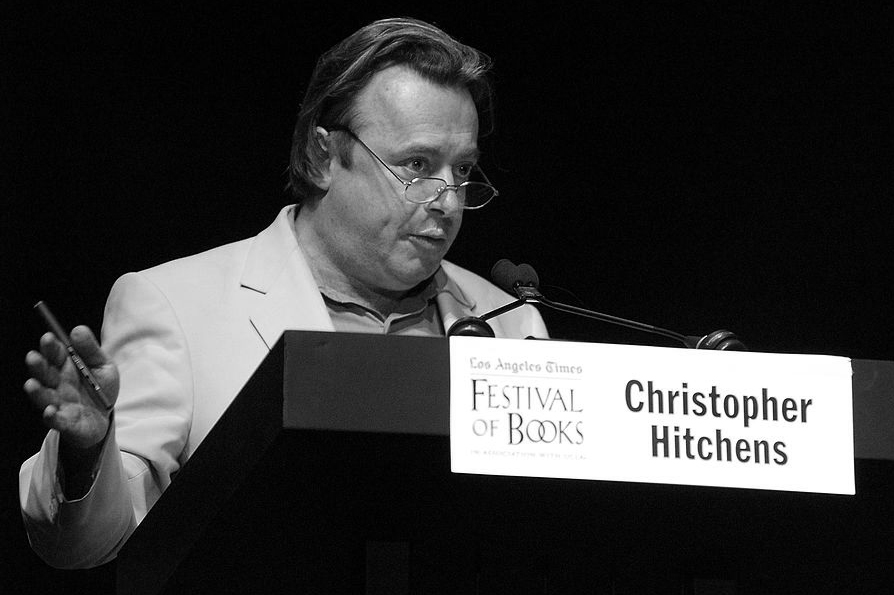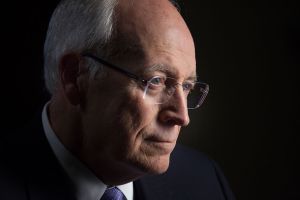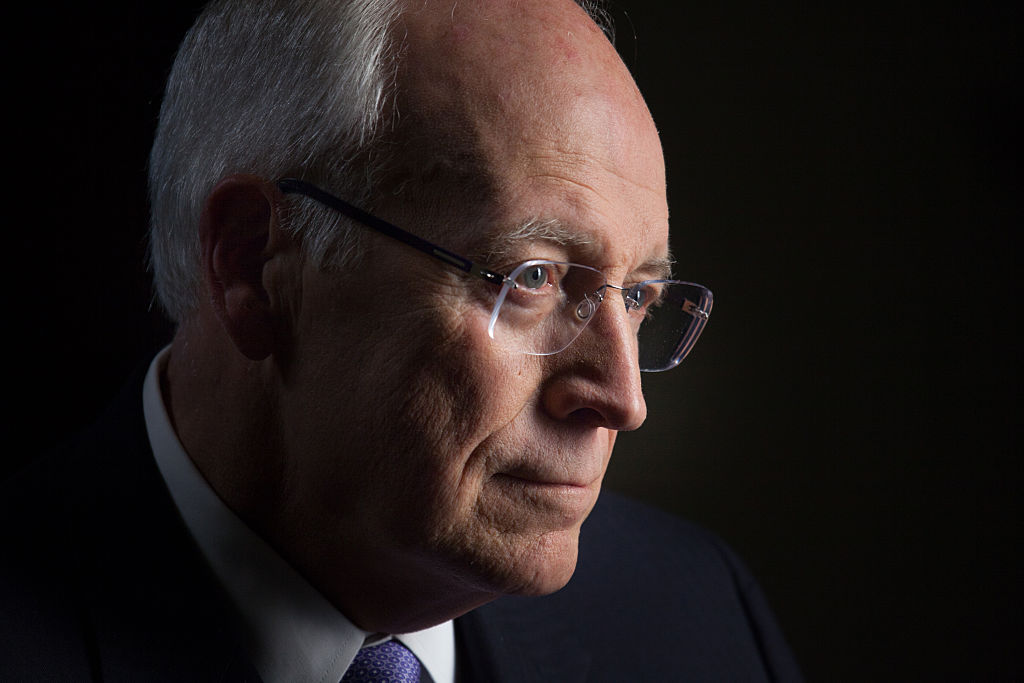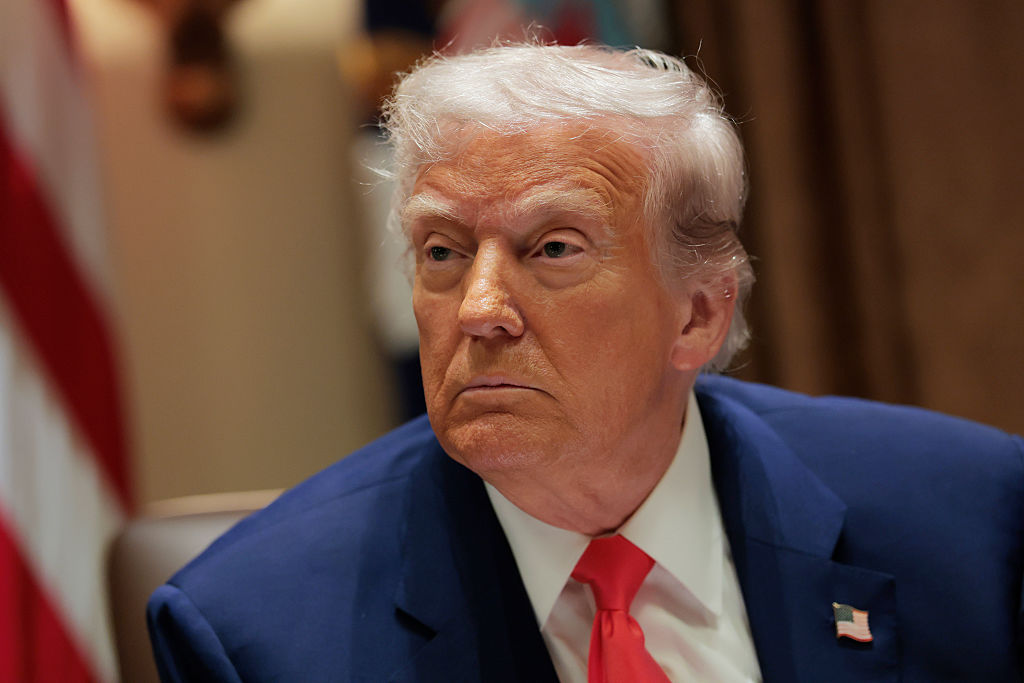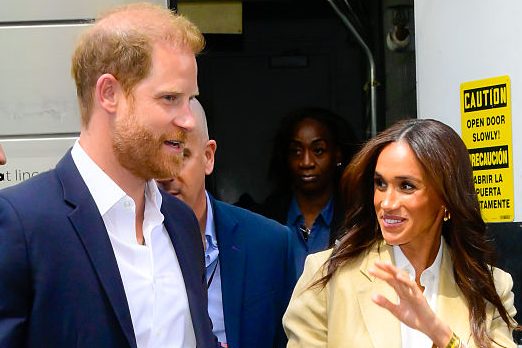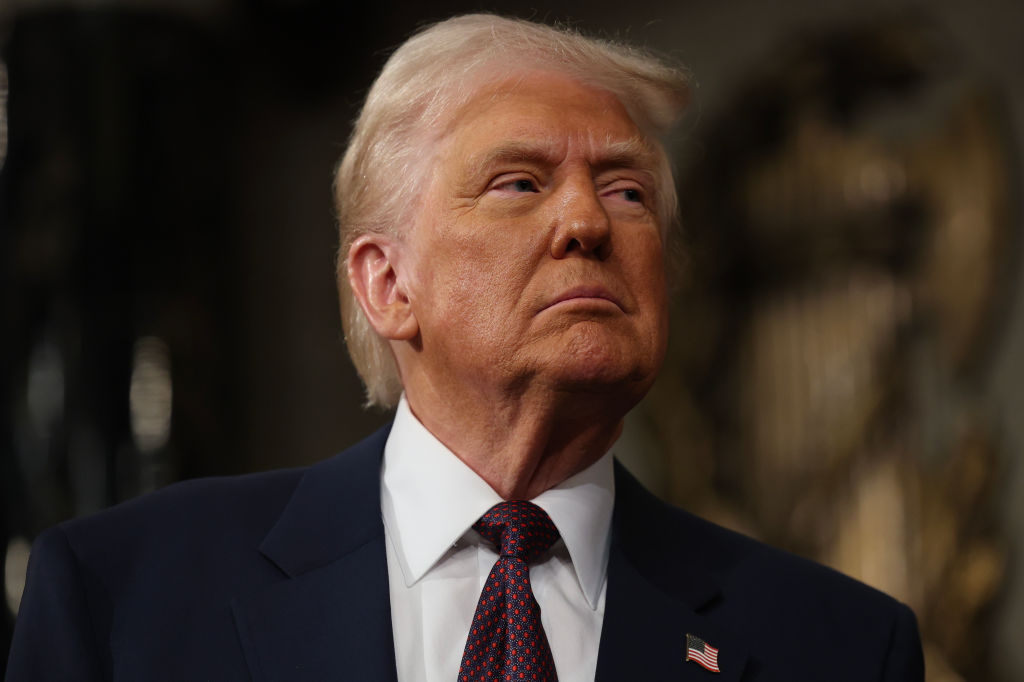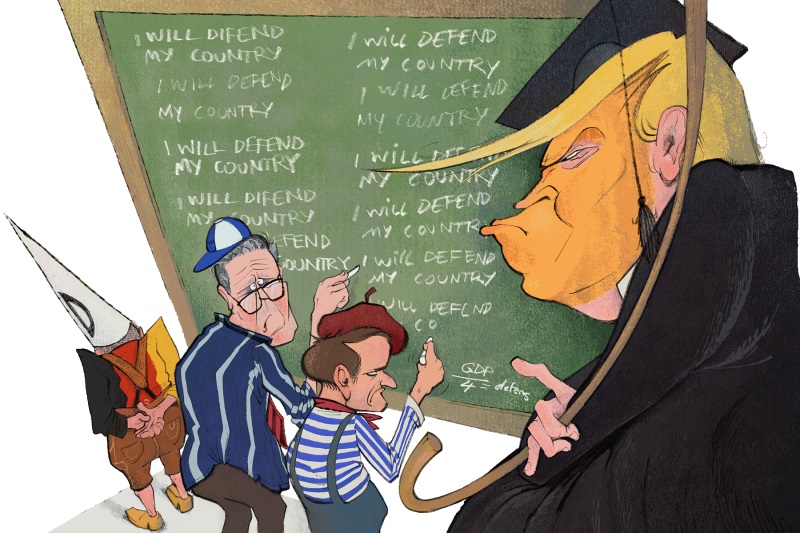It hasn’t taken 20 years to work out that Christopher Hitchens was a dud, but this week’s collapse of Kabul obliges us to reexamine the Hitchens back catalog — because Hitchens had an outsized influence on debates about the supersized errors of post-9/11 foreign policy. The briefest of looks exposes the deficits of the neoconservative mind. An even clearer picture emerges of the hubris that led American policymakers, and the West in general, to justify the invasions of Afghanistan and Iraq as the spread of liberal enlightenment, rather than subjecting them to the tests of Realpolitik.
Never trust a man whose favorite sport is politics. For Hitchens and the neocons who adopted him as a defector from the left, arguments were about shock and awe: the force with which they could be argued, and the humbling of the opponent, mattered more than the facts of the case.
Sanctimony is a force-multiplier of folly. Defending his decision to support George W. Bush in the 2004 election, Hitchens described himself as ‘a member of a small international regime-change left that originates in solidarity with our embattled brothers and sisters in Afghanistan and Iraq’. Righteousness, but with a gun! This was the kind of man he wanted to be. His self-mythologizing echoes the worst of his hero George Orwell’s moralism, but without the succinct prose, the contempt for orthodoxy, or actually getting shot at in Spain.
The details of his arguments didn’t matter either: rhetoric was king. His columns referred to the threat of ‘Islamic fascism’. Hitchens was bright enough to know how historically inaccurate this was: fascism was a historical creation of its place and time, not a moral cudgel. The inaccuracy was the point: Hitchens wanted to raise the stakes. He wanted the clarity of war. He was resentful that his time was not as dramatic as the 1930s had been, and would not easily permit the friend-enemy distinction that sent Orwell to Spain to kill.
The enemy were ‘fascists’, and Hitchens was liberty personified. He wrote that ‘religious fascism…demands and guarantees war’ — he retained the Trotskyite rhetoric despite his defection — as if any other response than permanent war against the Taliban and al-Qaeda was impossible to even conceive.
The politics aside, Hitchens’s writing on Afghanistan was sloppy. In 2001, he visited the country and looked for ‘the most farouche-looking guy’ in an effort to make ‘new friends’ and generate easy copy, while ‘bracing himself for the ululations of some mullah’. His dispatches display a staggering lack of thought about the geopolitical context, and the existence of trade-offs. He was looking for the battle, and more importantly, an opportunity to demean his opponents. He never took the Afghan people seriously: the only authorities he respected were, like himself, ex-private schoolboys with a Lawrence of Arabia complex, literary wanderers ruminating as they ventured ‘into the Afghan hinterland’. His 2009 reply to an essay from Rory Stewart in the LRB is reminiscent of a discourse between a pair of especially disconnected 19th-century viceroys rather than a 21st-century political debate. To Stewart, he shows the respect a chap gives to a Balliol man: to the benighted Afghans, patronizing piety.
If you dared question Hitchens’s certainty, he derided you as limp, effete, unmanly. A 2001 column he wrote during the outbreak of the Afghanistan war was titled ‘Ha ha ha to the pacifists’. As the military loaded up the Lockheeds, he asserted that Western civilization is ‘both smarter and nicer’.
Of course, the stridency is intoxicating, particularly for a certain type of romantic young man. No wonder that Hitchens provoked fandom and a reverential cult unlike any other polemicist. Much seems to be tied up within young men’s fragility about their own masculinity. Hitchens, who said that ‘ever since I discovered that my God-given male member was going to give me no peace, I decided to give it no rest in return’, sexed up his Afghan prose in a macho style.
‘I spent my entire time in Afghanistan, from dawn until dusk and then beyond, utterly and completely obsessed with women. You may ask why I am telling you this. What about the land mines, the lurking Taliban, the warlords, the malaria and the dysentery, the battling tribes, the beating sun and the forbidding landscape? These are all, I will happily concede, quite compelling in their way. But they pale, each of them and every time, when contrasted with the absolutely Himalayan question of Afghan womanhood. I could not get the subject out of my mind for an instant, waking or sleeping.’
Funny, maybe — if you aren’t arguing for bombing the place to smithereens: as he put it, ‘blasting a society out of the Stone Age’. As in the novels of his best friend Martin Amis, machismo and the aggression of the libido is crucial. Hitchens’s bombs were laced with righteousness but also debauchery: moralism, but with what is sometimes called ‘big dick energy’. Perhaps Hitchens felt, consciously or not, that his natural charm blunted the macabre implications of his gung-ho foreign policy ideals. But in 2021, that lothario swagger comes across as nauseating. No wonder that many of the Reddit army branding people ‘cucks’ start off as Hitchens YouTube fanboys.
Hitchens confessed to remaining a Marxist right throughout his neoconservative turn. The two are not entirely incompatible: both share a certainty that history moves in a direction and that the good will out. ‘I will venture a prediction,’ he wrote, ‘the Taliban/al-Qaeda riffraff, as we know them, will never come back to power.’ If Hitchens were still alive today, he — like Fukuyama — would certainly be surprised by history’s newest chapter.
The energies which animated Hitchens are still in politics today, seen this weekend in Yanis Varoufakis’s exhortation for the women of Afghanistan to ‘hang in there’. As the vacuity of technocratic liberalism continues to be exposed, the deficits of Hitchens’s worldview should show the perils of reversing too far in the other direction. Christopher Hitchens was a marvelous entertainer, but our discourse may be better without him.



